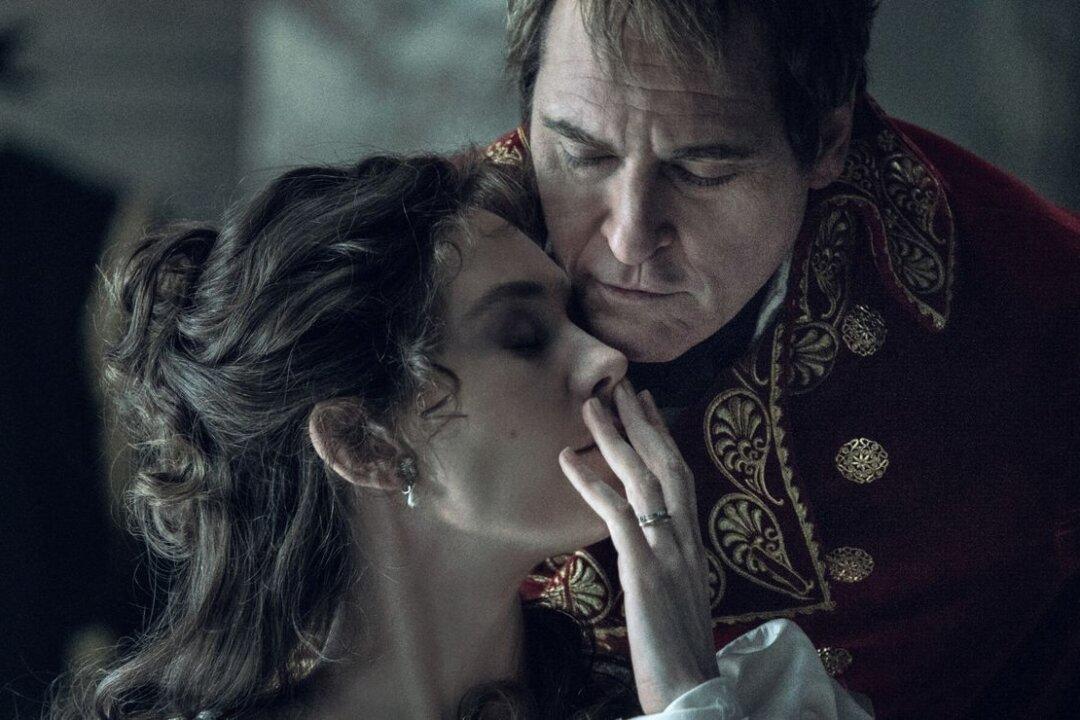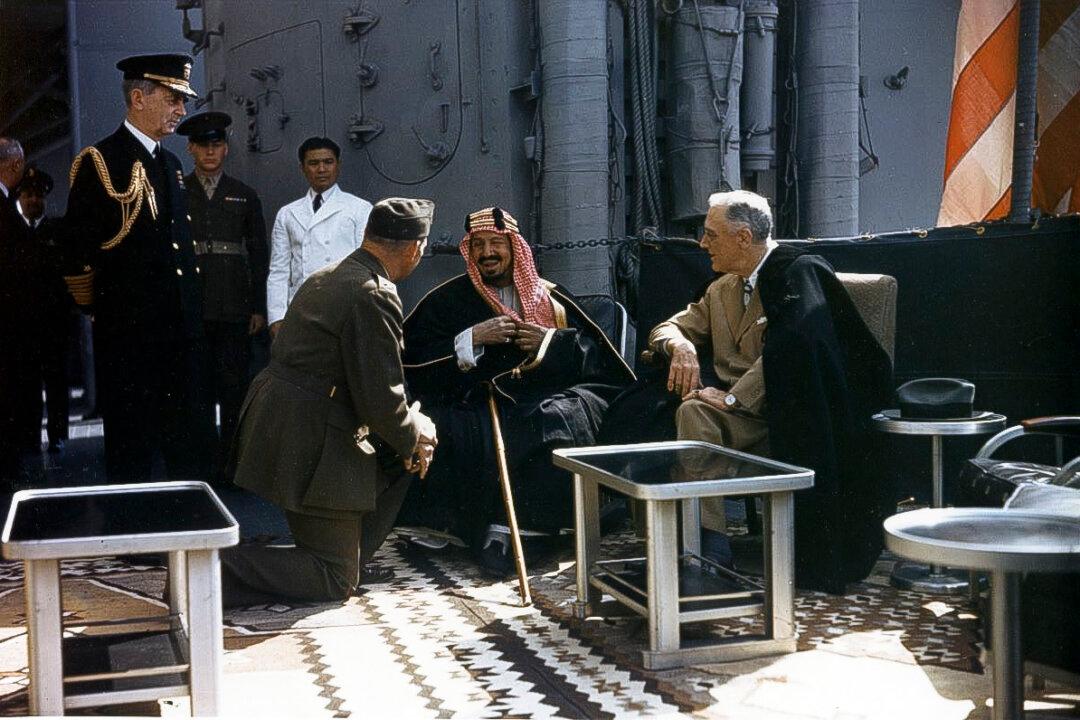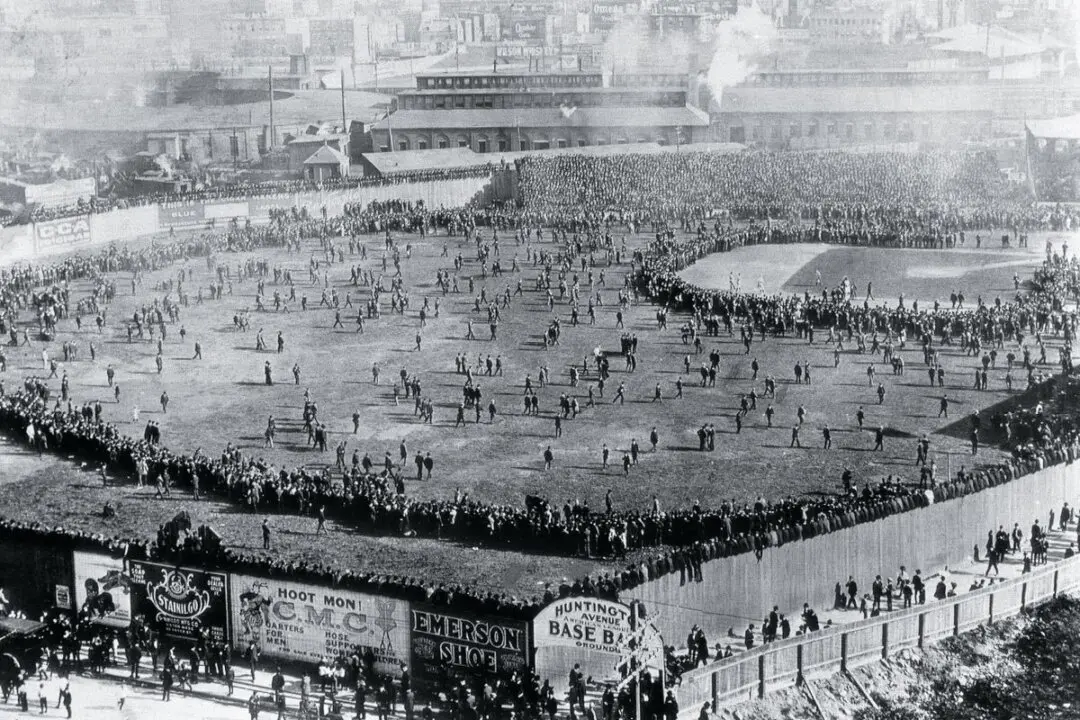One can only go wrong in making a movie about Napoleon by choosing the wrong storyline, and this is precisely what director Ridley Scott did in his recent “Napoleon.”
This error in storyline, however, does not concern historical accuracy. After all, it is a Hollywood production, so one should temper expectations. Regardless, in the months, weeks and days leading up to the film’s Thanksgiving Day release, online historians and history enthusiasts scrambled to capitalize on the upcoming movie by irritatingly dissecting the film’s trailers. Trying to divine context from a two-minute trailer based off a film nearly three hours in length is truly an exercise in futility.






